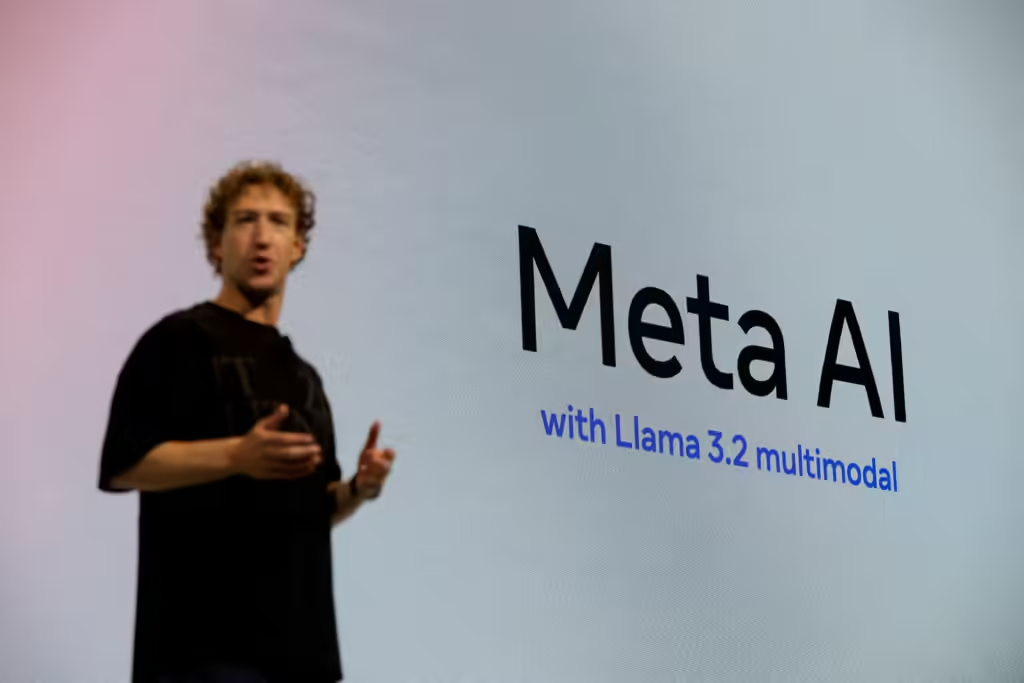Meta Platforms has intensified its pursuit of artificial general intelligence (AGI), naming ChatGPT co-creator Shengjia Zhao as Chief Scientist of its newly established Superintelligence Lab. The announcement was made by CEO Mark Zuckerberg on Friday through a post on Threads, reflecting the company’s strategic ambition to accelerate its role in cutting-edge AI development.
In his post, Zuckerberg wrote, “In this role, Shengjia will set the research agenda and scientific direction for our new lab, working directly with me and Alex,” referring to Alexandr Wang, Meta’s recently appointed Chief AI Officer. Wang was previously the CEO of Scale AI and joined Meta following a significant investment deal. The appointment of Zhao is another step in Meta’s calculated effort to bolster its AI capabilities and talent pool.
Who is Shengjia Zhao?
Shengjia Zhao is a renowned AI researcher and former scientist at OpenAI, where he played a pivotal role in co-creating ChatGPT and its more advanced models such as GPT-4, along with several mini variants like GPT-4.1 and o3. Zhao’s transition from OpenAI to Meta highlights an intensifying talent war in Silicon Valley, as top researchers are being lured with lucrative offers and strategic roles.
According to Zuckerberg’s announcement, Zhao is also a co-founder of Meta’s Superintelligence Lab, which was formed to consolidate efforts around the development of Meta’s Llama models and broader AGI objectives. The lab operates separately from FAIR (Facebook AI Research), the company’s original research division led by deep learning pioneer Yann LeCun.
Inside Meta’s Superintelligence Lab
Launched recently, Meta’s Superintelligence Lab is dedicated to the company’s most ambitious AI research, particularly in the realm of long-term artificial general intelligence. The lab brings together top researchers, cutting-edge computing infrastructure, and a commitment to open-source AI development. This lab will serve as the hub for advanced iterations of Meta’s Llama large language models, which have underperformed against rivals like OpenAI’s GPT and Google’s Gemini in recent benchmarks. Zhao’s role as Chief Scientist is expected to revitalize the lab’s scientific direction and accelerate breakthroughs in model performance, reasoning, and alignment.
Meta’s AI Talent Arms Race
The hiring of Shengjia Zhao is part of Meta’s larger strategy of poaching top AI talent from rivals such as OpenAI and Google DeepMind. With reports indicating that several OpenAI researchers have joined Meta in recent weeks, the move reflects Zuckerberg’s aggressive approach to closing the gap in the AI race. To support this hiring spree, Meta has reportedly been offering some of Silicon Valley’s most competitive compensation packages, including multimillion-dollar signing bonuses and startup-level equity. The company is also investing in partnerships and acquisitions to enhance its AI portfolio.
This talent acquisition push comes after Meta’s Llama 4 model failed to meet expectations in industry comparisons, falling short of the performance seen in OpenAI’s GPT-4 and Anthropic’s Claude models.
Zuckerberg’s Vision: Building and Open-Sourcing AGI
Mark Zuckerberg has been increasingly vocal about Meta’s long-term goal of building “full general intelligence” — AI systems capable of performing human-level reasoning across diverse domains. What sets Meta apart from some of its competitors is its commitment to open-sourcing its models and tools, a move that has drawn both admiration and criticism.
Supporters argue that open-sourcing fosters transparency, collaboration, and wider innovation. Critics, however, caution that releasing powerful AI systems to the public could lead to misuse or unintended consequences.
The appointment of Shengjia Zhao as Chief Scientist of Meta’s Superintelligence Lab is a strategic milestone for the tech giant’s AI roadmap. As Meta looks to advance its Llama models, build general intelligence, and catch up to competitors, Zhao’s experience in foundational model development is expected to be instrumental.
This bold move underscores Meta’s serious commitment to leading in the next era of artificial intelligence, where superintelligence isn’t just a vision, but a race that is well underway












More Stories
Solar stocks crash: Waaree Energies slumps over 14%, Premier Energies down 12% as US tariffs bite
Sam Altman plays down AI water-use claims, says energy is the real issue
‘Safety-first’ mindset accelerates transition of high-end technologies in mass-market vehicles: Techarc report